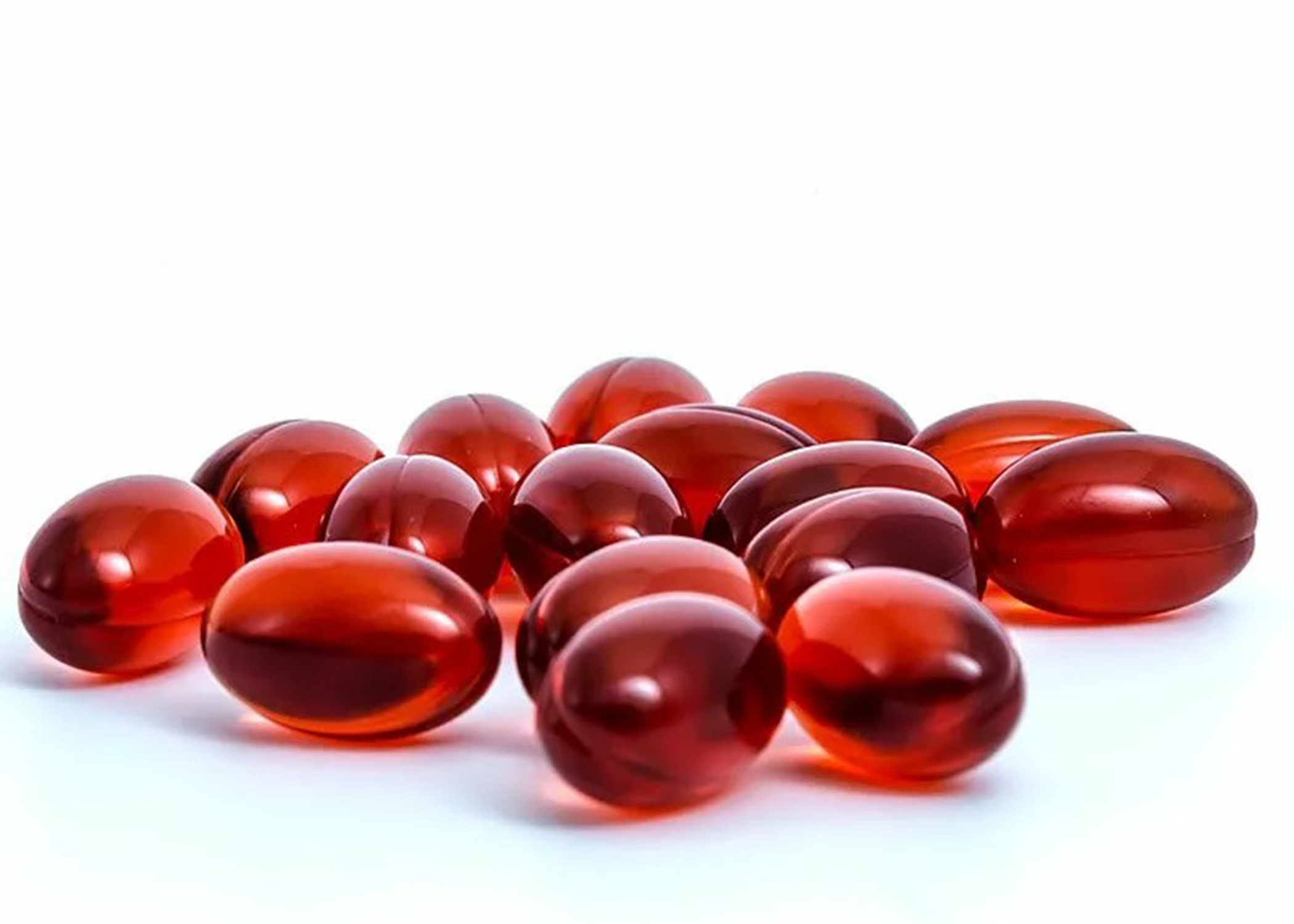Krill Oil Benefits For DHA, EPA, and Choline
There are three ingredients in krill oil you must be familiar with: EPA, DHA, and choline. These three things combine to give krill oil its benefits. While it might make sense to discuss each one separately, it’s important to consider how each functions. EPA (eicosapentaenoic acid) is an omega-3 fatty acid that plays a huge part in the function of your heart and brain. DHA (docosahexaenoic acid), like EPA, also plays a part in the way your heart works not as much as EPA but also helps with vision and brain function. It also lowers blood pressure levels. It is derived from algae (not fish). In addition, there’s choline, a micronutrient which is a precursor for acetylcholine an important neurotransmitter which allows signals to pass between the nerve cells that control muscle contractions and other vital processes in your body.
One of the best studies yet on the health benefits of krill oil shows it has an anti-inflammatory effect. It is packed with Omega-3 fatty acids, including EPA and DHA. In addition, it has antioxidant and cytotoxic properties and NK cell cytotoxic activity. But how does it work? Read on to learn more about krill oil’s benefits for the body. But first, let’s discuss the EPA, DHA, and Choline in krill oil.

EPA
Fish oil and krill oil contain omega-3 fatty acids EPA and DHA, which are essential for heart health. Fish oil has been the standard of care for EPA and DHA for decades, but krill oil’s fatty acids are thought to be better absorbed by the body, making it a more viable supplement for people with cardiovascular problems. Krill oil is also high in vitamin A and antioxidants, making it an excellent choice for people who want a more balanced diet.
DHA
There are several krill oil benefits for DHA and EPA that people can get from this marine source. Fish oil is a great source of these essential fatty acids, but it can be costly, and krill oil is more expensive. However, both sources of these fatty acids are highly beneficial and both have plenty of research supporting their benefits. EPA and DHA are found in fish, but we must consume them through our diets in order to reap their benefits.
Choline
Recent research has shown that krill oil has a number of choline-boosting properties. The supplementation of krill oil with fish oil, an essential nutrient for human health, may prevent choline deficiency during endurance events. It also increases levels of dimethylglycine, betaine, and trimethylamine N-oxide in the blood. However, the study did not assess the effect of krill oil on choline metabolism or levels of other phospholipids in the blood.
NK cell cytotoxic activity
Studies have shown that krill oil increases NK cell cytotoxic activity. These cells are a type of white blood cell. NK cells produce antibody that kills cancer cells. Other white blood cells that produce antibody include lymphocytes and monocytes. Although these types of cells are responsible for the fight against infections, they are not the only source of antiviral and antifungal substances.
Reduction of cholesterol
The omega-3 fatty acids in krill oil can reduce the risk of coronary heart disease. Because it contains a carotenoid antioxidant, astaxanthin, krill oil can neutralize the effects of free radicals. In addition, omega-3 fatty acids are also effective at treating depression, osteoarthritis, premenstrual syndrome, and high blood pressure. Although the benefits of krill oil are many, you
should consult with your doctor before starting a new diet or supplementation regimen.
Reduction of triglycerides
One of the most common concerns among patients is the risk of developing cardiovascular disease. Although many people believe that omega-3 fatty acids are necessary for heart health, there are also a variety of other reasons why they are valuable. Among these reasons are the reduction of triglycerides and improved heart function. Other krill oil benefits include a lower risk of cancer, depression, and osteoarthritis. However, krill oil should only be used under the supervision of a medical professional.

Reduction of insulin resistance
One of the potential krill oil benefits is a decrease in insulin resistance. This is a condition that causes the body to produce large amounts of insulin to control blood sugar. However, the research is limited. There are no human trials examining this particular benefit of krill oil. In the short term, the benefits appear to be modest. However, this could change if the participants enrolled in the study were required to follow strict dietary guidelines and exercise regimens.
Reduction of premenstrual syndrome symptoms
The omega-3 fatty acids found in krill oil can positively impact a woman’s menstrual cycle and reduce the physical and emotional symptoms associated with premenstrual syndrome. However, women who suffer from PMS should always consult their doctor before beginning any supplementation. If you’re curious about the benefits of krill oil for premenstrual syndrome, read on to learn more.
Krill Oil Benefits For DHA, EPA, and Choline Result
Krill oil is a good source of Omega-3 fatty acids. These essential nutrients are responsible for many health benefits. However, it does not appear that these benefits can be attained through krill oil supplementation alone. A diet rich in Omega-3s and exercise may help in the treatment of several health issues.

